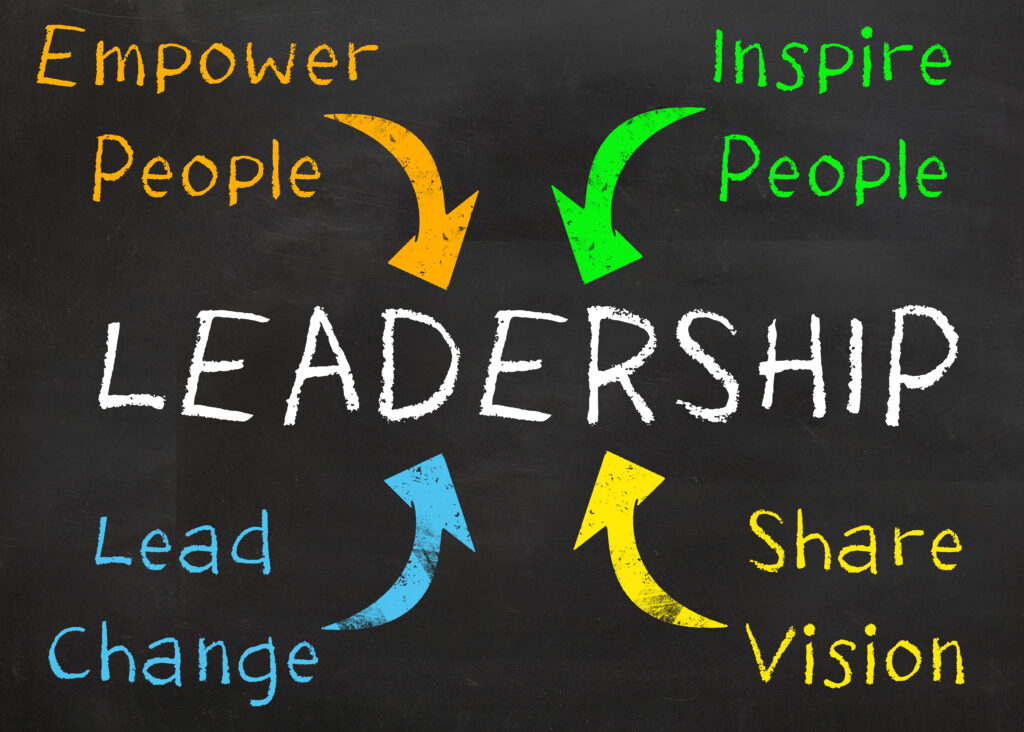
In this blog we will explore four ways that learning professionals can drive their business value through building Enterprise Change Management capability, starting with the definition of the often nebulous concept of Enterprise Change Management and explore it’s divergence from Change Management.
What’s Covered:
Change Management – This is a definition borrowed from Prosci and means ‘a structured process and set of tools for leading the people side of a specific change to achieve a desired outcome’.
Enterprise Change Management or ECM for short, is ‘the development of the organisational capability and capacity to successfully address the people side of all the changes across an enterprise’.
So, What’s the Difference?
Essentially Change management is applied to a single change, while enterprise change management takes on the much greater challenge of successfully addressing the people side of all change being experienced across an organisation.
The reality every organisation faces today is continuous change –multiple changes from multiple origins, simultaneously happening in different ways across all parts of the organisation, and so while Change Management capability is essential, it’s not enough. It’s only through building Enterprise Change Management Capability that organisations can equip themselves to face up to the real challenge change brings.
So, what’s the relevance to learning professionals? In short ECM provides a structured, intentional approach to developing change management capability that puts learning at the heart of equipping organisations with the capability needed to succeed and thrive through change, and as such puts learning at the centre of one of the biggest challenges facing the leadership of every organisation on the planet!
Four Ways You Can Drive Business Value Through Enterprise Change Management
Below are four specific opportunities ECM provides for learning professionals to create value for their organisations
1.The opportunity for strategic impact: ECM develops capability in the context of specific strategic changes that matter to the organisation. This creates the opportunity for learning professionals to develop the change management skills and knowledge critical to making highly visible, must win changes a success, putting learning into the front line of successful change delivery, and elevating it from the supporting position it is often seen to occupy.

2. The opportunity to catalyse collaboration: ECM depends on multiple roles. Whilst Change Management Specialists (“Practitioners”) are vital, it’s essential also that Senior Leaders, People Managers and Project Managers are equipped to play their part. Through using the structure ECM brings, learning professionals can step up from developing individual competences to developing interdependent, collaborative networks. It’s this collaboration that’s so essential to successful change and vastly increases the value learning can brings.

3.The opportunity to connect Leadership Development: Leadership development programs form part of the core remit of the learning profession and successful ECM depends entirely on developing the Change Leadership capabilities of leaders at all levels. This puts learning professionals in a unique position to drive greater value from the leadership development curriculum through ensuring the leadership role in managing change is an integral part of the leadership development agenda.

4. The opportunity to embed learning in change: Learning is about equipping people to do something that they previously were not able to do, and as such it is fundamental to any process of change, so this 4th opportunity is to use the structure that ECM brings to ensure that learning professionals further develop the value they bring through ensuring what they do is embedded into every change initiative as an essential part of the change process.

In summary, taking a structured intentional ECM approach to developing change management capability allows learning to deliver so much more than an approach focused on developing individual capabilities, and makes the value of learning more visible through linking it directly to the organisations ability to succeed through change.
ECM is something we at CMC Partnership Global have been helping our clients with over many years, so if you would like to know more about how to go about it, please don’t hesitate to get in touch, and watch out for future articles on the practical steps you can take to embark on an ECM initiative. Do you want to learn more about building Enterprise Change Capability? Download our Prosci white paper to find out more.
If you’d like to chat to our change management experts, come and meet us at the conference in October at stand D180. We’d love to get to know you and see how we can help you build your organisations enterprise change capability.
Author Bio

